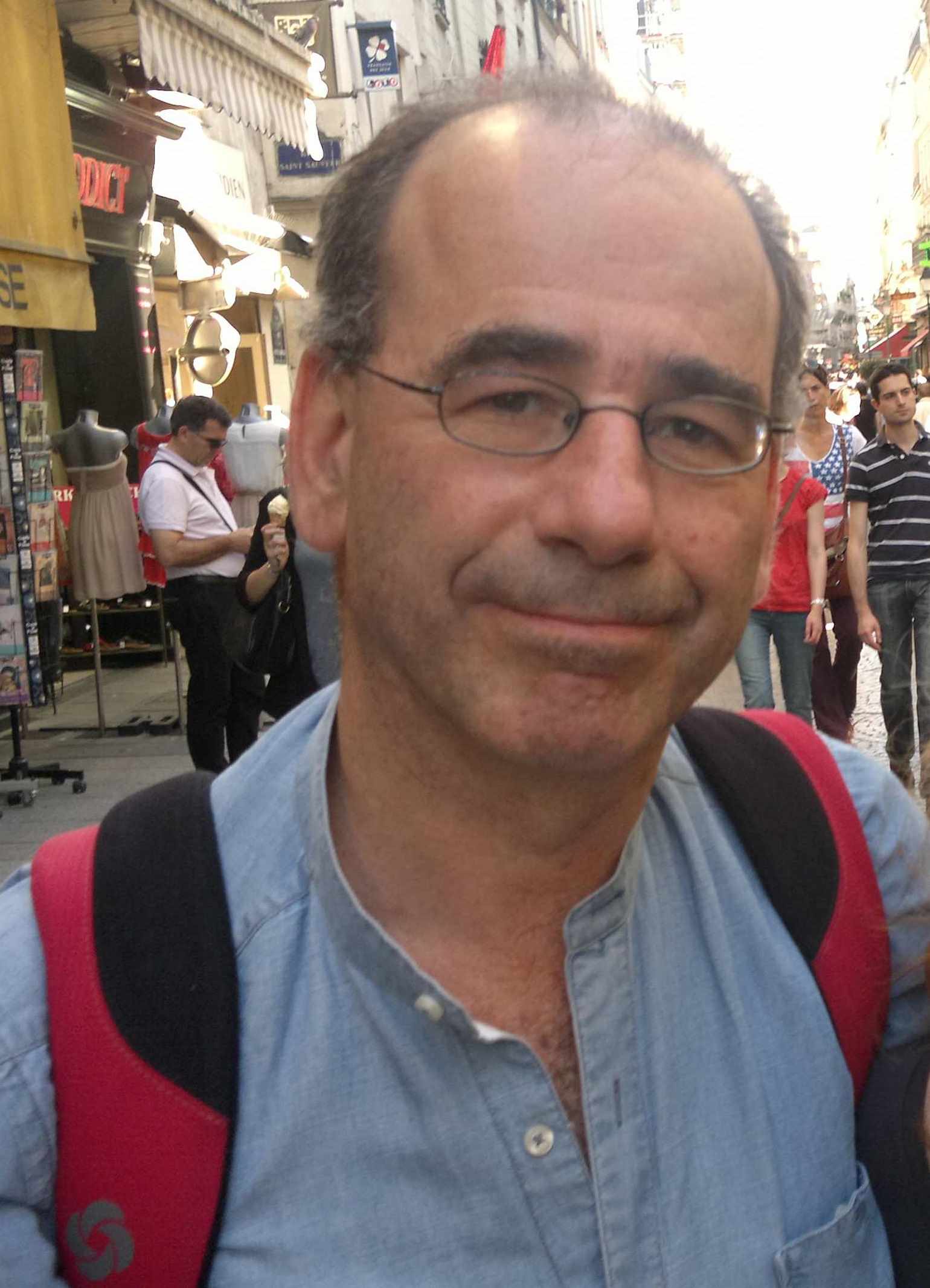Makis Solomos
Makis Solomos was born in Athens in 1962. Given Greece’s political history, he had a tumultuous childhood: during the dictatorship of the colonels (1967–1974), he was imprisoned with his mother in the Giaros concentration camp and then exiled with his family in France. In 1980, he settled down again in France to study musicology and music. In 1985, he studied composition and philosophy and began a first PhD thesis project on Adorno and musical analysis. Finally, he chose to dedicate himself to musicology and defended a PhD thesis on Xenakis’s music in 1993. In 1997, he organized an important symposium on the notion of space in music and in 1998 the first international symposium on Xenakis. From 1998 to 2010, he was associate professor at University Montpellier 3. As a teacher of modern music, he supervised many students’ research. From 2001 to 2006, he was member of the Institut universitaire de France. He became full professor and director of the music department of Montpellier 3 in 2009. In 2010, he became full professor at University Paris 8 in the historical musical department of the ex-Vincennes University, which supports musical creation and the notion of musicology as a sensitive approach to music. While supervising new research projects, he was elected director of the research team Aesthetics, musicology, dance, and musical creation (E.A. 1572).
As a musicologist, he published numerous books, articles, and papers. He also organized many symposiums and edited their proceedings (see http://www.musique.univ-paris8.fr/user/5). His research belongs to two main fields:
1. Research on Xenakis. One of the leading figures in Xenakis studies, he opened new paths in this field. In his PhD thesis and later publications, “bracketing” (in the phenomenological sense of the word) Xenakis’s music, he showed that it can be analyzed as composed sound. Then he investigated the world of the young Xenakis (before Metastaseis). After the opening of Xenakis’s archives following the composer’s death in 2001, he began (with Benoît Gibson and Sharon Kanach) to work on the critical edition of his writings. Simultaneously, he started conducting genetical studies with instrumental as well as electroacoustic music.
2. Research on today’s music. Influenced by philosophical readings (Adorno, Heidegger, Benjamin, etc.) but also interested in analytical questions, he explored various subjects: the question of space, the relationship between technics and technology, the notion of globalization, spectral music, and the granular paradigm. He wrote articles about various composers, from Richard Wagner to Dmitri Kourliandski through Edgar Varèse, Anton Webern, Giacinto Scelsi, Pierre Boulez, Karlheinz Stockhausen, Beatriz Ferreyra, François-Bernard Mâche, Emmanuel Nunes, Horacio Vaggione, Gérard Grisey, Hildegard Westerkamp, John Zorn, Pascale Criton, José-Manuel López-López, Octavio López, Agostino Di Scipio, Chiyoko Szlavnics, Zad Moultaka, and others. With Joëlle Caullier and Jean-Paul Olive, he founded the review Filigrane. Musique, esthétique, sciences, société.
In his last important book, De la musique au son. L’émergence du son dans la musique des XXe-XXIe siècles (Rennes, Presses universitaires de Rennes, 2013, p. 545), he examines how, from Debussy to today’s contemporary music, from rock to electronica, from the first musique concrète to today’s electroacoustic music, from the Electronic Poem to the most recent interartistic collaborations, sound has become a major issue for music.
His most recent projects are about the idea of an ecology of sound in the broad sense of the term “ecology” as a relationship between music or sound and oikos, the common home, the world. In May 2013, he organized (with Roberto Barbanti, Pascale Criton, Guillaume Loizillon, Kostas Paparrigoupoulos, Carmen Pardo) an important international symposium on that subject, which gathered more than seventy artists, musicologists, composers, researchers, and others from various countries.



